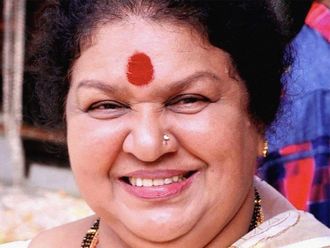Panaji: Frog meat, locally known as "jumping chicken", is ordered in soft whispers at numerous eateries in Goa around the beginning of the monsoon when the amphibians surface in thousands, croaking for mates. But green activists and forest officials are now trying their best to keep them off the menu.
Cooked and dressed on a plate, frog meat satiates the taste buds of many in Goa in spite of being banned.
"In Goa, the two largest known species are the Indian Bullfrog (Hoplobatrachus tigerinus) and the Jerdon's Bullfrog (Hoplobatrachus crassus). Unfortunately, they are both selectively poached for their large fleshy legs," Clinton Vaz, who is spearheading the Save Frogs campaign, along with NGOs and the forest department, said.
"The Indian pond frog, grass frog and the common Indian toad are also occasionally poached. An insatiable demand at restaurants for illegal frog meat has ensured a lucrative return to the poacher for a pair of frog legs," Vaz said.
In 1985 the government of India banned the catching and killing of frogs under the Wildlife (Protection) Act 1972, but "jumping chicken" continued to be sold, albeit clandestinely.
The Indian Bullfrog and the Jerdon's Bullfrog, are now listed on the Schedule-I List of threatened species recognised by the central government, as well as the IUCN Red List recognised internationally.
And now activists and forest department officials are making a concerted effort to keep the frogs in the ponds and marshes where they belong.












